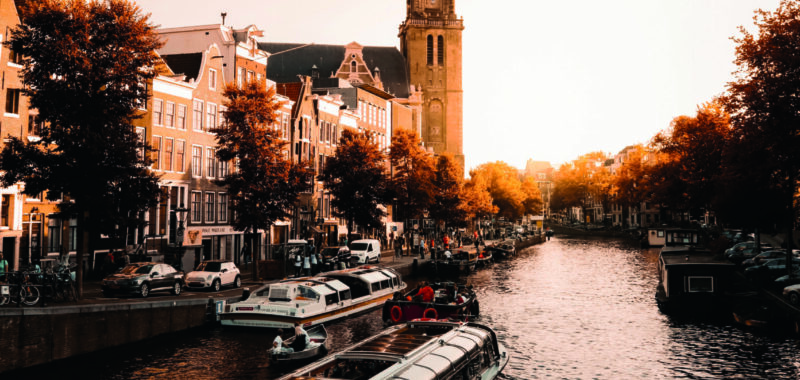Skift Take
Jannes Sorensen thinks the key to unlocking the future of luxury hospitality lies in the skillsets of its leaders: and it requires a new curriculum and âwhole personâ approach to do it.
Jannes Sörensen has been a hotelier at some of the world’s best properties and is one of the most progressive thinkers I’ve encountered.
These days, he sees a significant disconnect between the opulence and excess â and occasional greed â of traditional luxury brands and how consumers are actually living their lives.
“Many luxury hotels today are still a reflection of monetary success; they are the reward for a financially accomplished life, the idealization of that success,” Sörensen told me. “They are palaces of conspicuous consumption, and I think they no longer offer what today’s travelers require. In fact, they are promoting a lifestyle that clearly needs to change.”
In our conversations spanning years, Sörensen has always been an astute observer of the luxury zeitgeist, noting how the industry is sometimes slow to adapt to sea changes in consumer preferences. He’s also been radically customer-centric and built high-performing teams that adapt swiftly. As one of the youngest GMs in London, he turned a Mayfair property into an award-winning establishment firing on all cylinders with the Beaumont.
Sörensen is thinking big: “If the best hotels in the world’s great cities happen to be fully sustainable, happen to promote healthy lifestyles, change the very idea of what luxury is, and model human-to-human organizations, then this will have a halo effect not only on the industry but on society at large. It will inspire a new generation of travelers as a whole.”
Developing the Next Generation of Leaders
Sörensen tells me that we need radical innovation in the hospitality industry. Put simply, he sees the necessary shift as âgenerous simplicity versus excess,â and delivered by teams and leaders who are not only strategic but heartfelt, personifying mindfulness in action and purpose. The result can then have a halo effect on the industry but also society at large.
These kinds of changes wonât happen organically. Better leadership is required and Sörensen hopes to drive that change.

His new project, Kepler International Hospitality Academy (KIHA), hopes to develop leaders to redefine and deliver this new type of elevated luxury in hospitality. He’s working with partners to rethink how hoteliers are trained: it’s a necessary reboot to the style of teaching to keep pace with the times. The first cohort is selective, with just 15 participants, each with 10 years of hospitality experience.
The curriculum will focus on three distinct themes: deep service hospitality, positive impact business models, and self-mastery and capacity. It is structured around three cities, which each offer a different perspective. Amsterdam focuses on new tourism models, Kyoto on the deep craft principles of Japanese hospitality, and Freiburg on sustainable systems and community.
With all the discussion about AI and disruptive new business models, Sörensen believes deeply that hospitality will remain human-centric. He thinks leaders need to be facilitators, helping people determine where to focus and uniting them behind that goal.
“With an overload of information and data besieging us, it is the role of the leader to select what is important, decide what to concentrate on, set the tone and create the vision, all while inspiring people to join them on the journey,” says Sörensen.
The obsession with lists, quality assurance scores, cutlery, or some of the other tactical fixations of the industry needs to play second fiddle to building the notion of servant leadership, where leaders understand human beings and have the capacity to elevate a team’s path.
I’ve always believed that hotels are not just vessels for sleep, but integral components of a community and a frame to a city (or an homage to an entire culture, as in the case of a perfect French palace or the Royal Mansour in Marrakech). Hotels have the opportunity to encourage and inspire, and they are much more significant than just being a building or an employer. They can be a force in society on multiple levels.
By empowering leaders, the foundations will be set to evolve the higher purpose led elements of the industry. Finding a new way of teaching those with promise, plus adding nuanced global contexts, seems like a promising start.

